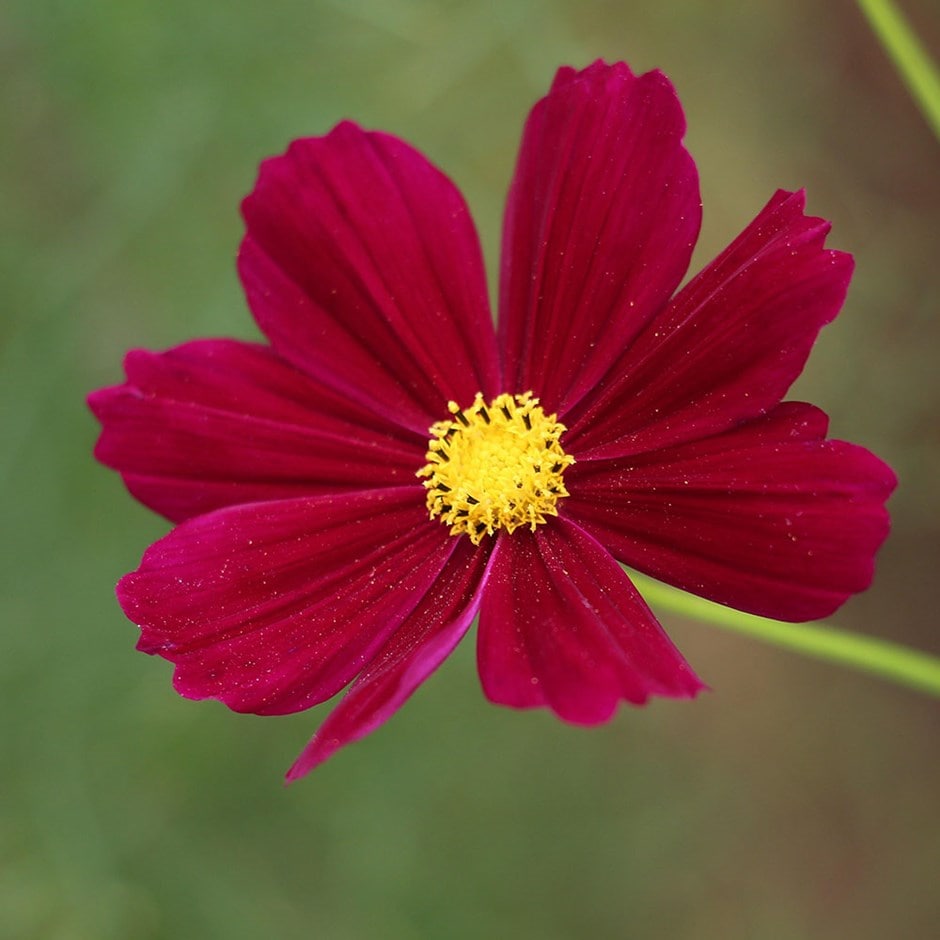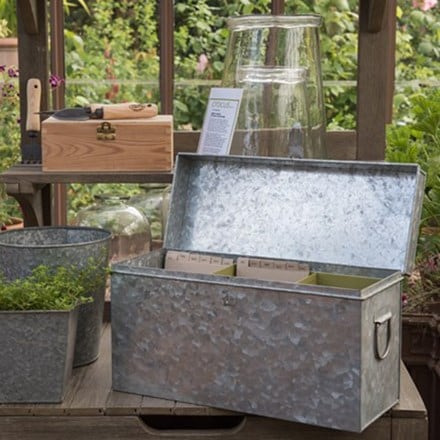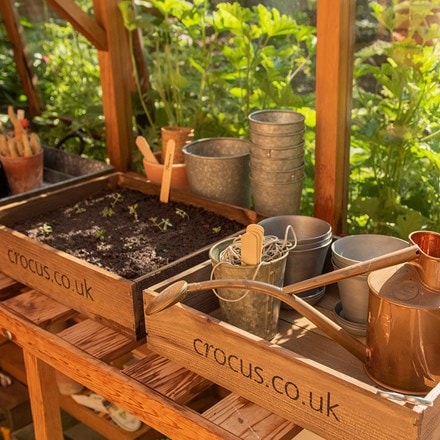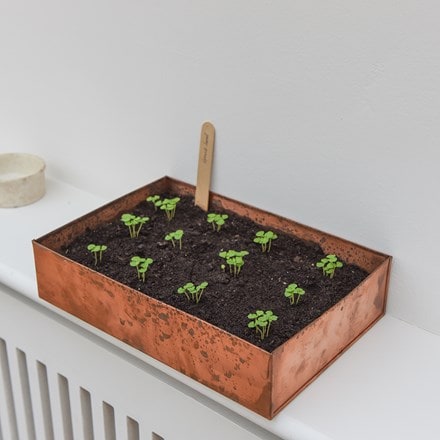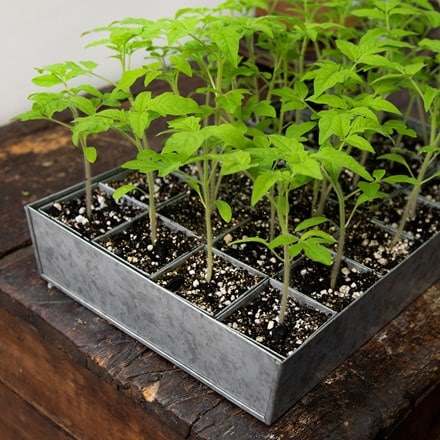Cosmos bipinnatus 'Dazzler'
cosmos
Carmine red blooms top the upright stems, clothed with finely divided foliage, of this glorious annual. Flowering from...
GOES WELL WITH
Sow colourful annuals
Fast-maturing annuals, such as calendula, candytuft, clarkia, cosmos, godetia and nasturtium, can still be sown now for a succession of colour throughout the summer months. If you live in a mild area, make three or four sowings spaced two weeks apart from
Read full articleGet more flowers
Deadheading will prevent them setting seed and so use their energy producing a further flush of blooms later on. Plants that respond well to deadheading include annuals such as Ageratum, Alyssum, Antirrhinum, Calendula, Centaurea, Cosmos, Dahlia, foxglove
Read full articleSow Annuals in Late Summer
Fast-maturing annuals, such as calendula, candytuft, clarkia, cosmos, godetia and nasturtium, can still be sown now for colour in late summer if you live in a mild area.
Read full articleFlowers for the cutting garden
At some stage in June, your garden will be a glorious affair full of scent and soft flower. Placing a posy from the garden, close to a family hub like the kitchen table, unites your home and garden as effectively as having a huge picture window. You don’t
Read full articlePosh bedding
There is still plenty of time to raise hardier annuals from seeds sown now and these include cosmos, zinnias and marigolds. However it's often easier to opt for ready-grown plugs of these, as well as the more-tender begonias petunias, antirrhinums and ni
Read full articlePlants birds love in the winter garden
As frost descends and the leaves gather on the lawn, the most important colour is red because it glows against the backdrop of fading stems in muddy shades of khaki, grey and brown. Red’s the colour that fixes the rest of the palette and luckily red berri
Read full articleSowing half hardy annuals
If you are wanting to have a go at growing seeds then the easiest of all are the annuals because they are programmed to germinate, flower and set seed within one year - therefore they pop up easily because there’s no time to waste. Most will provide necta
Read full article


